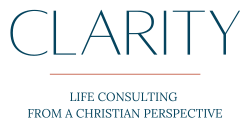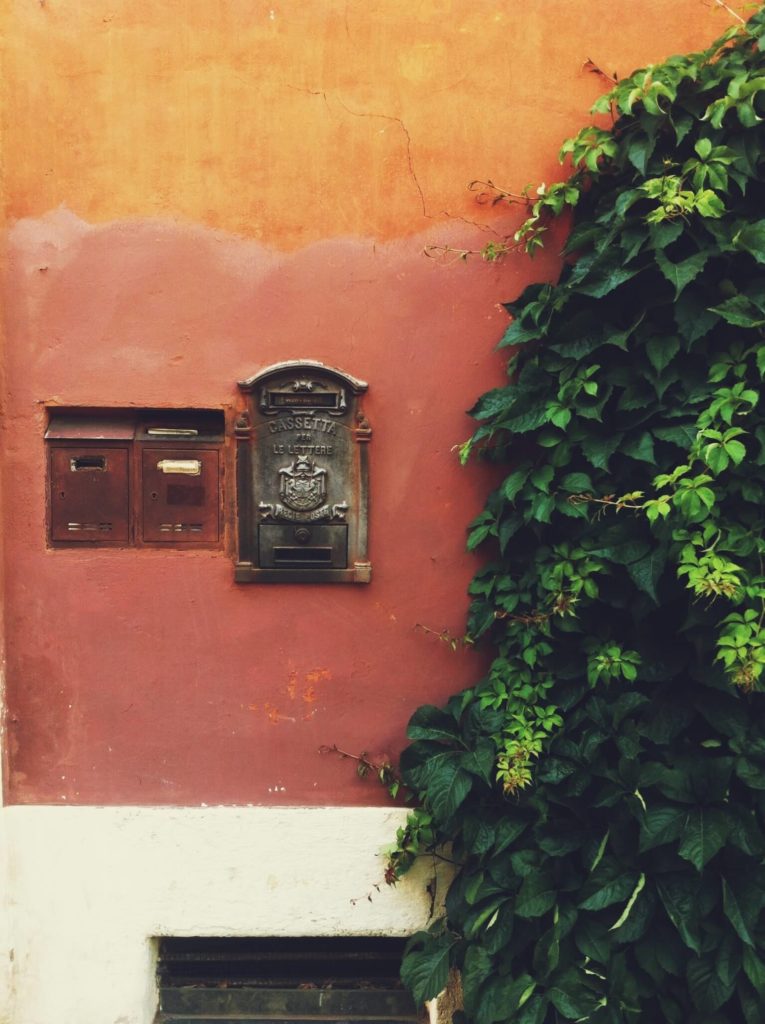In my younger years, I spent a lot of time agonizing over all kinds of decisions: what I should study? Should I go to graduate school? Should I accept the job offer? Are skinny jeans really universally flattering? … the list goes on.
In truth, there are many decisions I still wrestle with, but I’d like to think that over the years, I’ve become a bit better at navigating difficult ones. (Migrating to skinny jeans? 5 years. This season’s wide-legged cropped trousers? Purchased.)
Decision making and discernment are actually a bit different, though: a decision has to be made when you have options to choose from: do I go to this university or that? Should I leave my current job or stay in it? Is cutting my hair short a good idea? Making a decision is a particular act.
Discernment, on the other hand, encompasses the whole process of making a decision. It can start any time you start wondering if something should be different, even if you can’t articulate what or why.
It isn’t a matter of just “weighing the options”, although of course it can involve making a pro and con list. Discernment includes both rational and intuitive processes: it means taking stock of your situation, your circumstances, the movements of your soul. It entails paying attention to your reactions, observing your physical and spiritual responses to things around you. It requires going deep into your own heart and into the heart of God to ask where your desires are and where they might be in the future.
So, why discern when you can just decide?
Some situations need a simple decision: pizza or pasta? But many of our decisions in life, especially the big ones, are not so easy.
(And have you ever spent hours agonizing over what “should be” a simple decision? Me too. Something superficial like the cut of this season’s trousers doesn’t always have to involve a lengthy discernment process: but I’ve found that my hesitations and inability to make an “easy” decision often reveal more fundamental questions, like how I see myself, what value I place on external appearance, and how easily I embrace change.)
I’ve learned that many life decisions are really made not in the moment, but through the hours, days, and months leading up to them.
Over the years, I’m grateful to have picked up some excellent helps in discernment: tips for rethinking situations, questions that get to the heart of the matter, and principles that uphold every good discernment process, no matter the outcome. These are tried and tested bits of wisdom: I love using them to help clients gain clarity, and I’m happy to start sharing them here on the blog in this upcoming Learn to Discern Series.
Have you ever thought about the difference between decision making and discernment?






